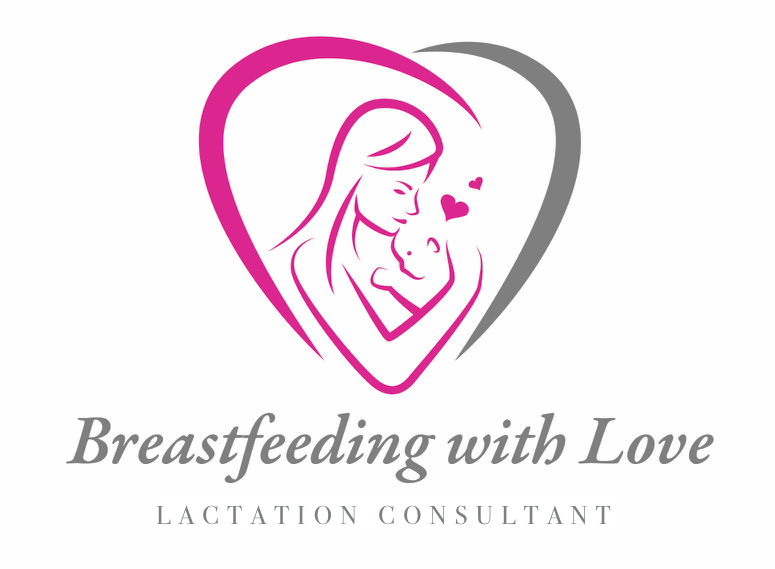Breastfeeding A Preemie - A Personal Story
I am the mother of two preemies. So, I know that having a premature baby can be a very stressful time for a family. You are suddenly having to make life and death decisions in a difficult situation. If this is not bad enough, your baby is swooped out of your hands and whisked down the hall to the Neonatal Intensive Care Unit, NICU. Your baby is then hooked up to all kinds of machines, monitors, tubes and IVs. You may not be able to touch your baby for quite a while. Your life has just turned upside down.As I tell all my new moms when I see them sitting near their baby's isolette (incubator), they should remember that this is going to be their baby's new little home for a while and this is the best place your baby could possibly be because he will receive good care. It is only temporary right now. I continue to tell my moms to remember to take it one day at a time. I helped me to call the NICU every few hours and especially in the morning and at night before I went to sleep. Unfortunately, three of my girls followed in my footsteps and also had preemies. However, all three babies are doing great. Breast milk is a unique gift for you and your baby There are so many reasons you should try to pump your breast milk in the beginning for your preemie. Breast milk is given to your baby through a Nasogastric (NG) tube called a gavage tube while your baby is in the NICU. This ensures that the baby is getting enough nourishment to grow properly since it can't suck yet. Breast milk is very beneficial for a preemie. You breast milk as a preemie mom is designed specifically for your baby.It has all the right nutrients such as : vitamins, proteins and calories. Additionally, it is more easily digested than formula and this is important for a preemie because their digestive system is not as mature as a full term baby. Even the Colostrum, your first two days of breast milk, is good for your preemie. It contains antibodies, white blood cells and other protective ingredients that help preemies resist infections and help fight off viruses because 80% of cells in breast milk contain macrophages. In fact, studies have come out that premature babies who are breastfed do better later in life.A hospital grade pump works best. So, be sure to ask a nurse or Lactation Consultant in the hospital for help on how to get started. You can always call me for advice. Not only am I a Lactation Consultant, I had to pump for three and a half weeks until Michael could try to suck. Therefore, I know how a preemie and pumping can be a lot of work and time consuming, so take it one step at a time. Pumping every few hours will help you establish a good breast milk supply. Remember, don't be discouraged if you don't fill up the bottle with your breast milk. If you can get one ounce of breast milk, you are doing a great job in the first few weeks.Start by pumping five minutes on each side and then go to ten to fifteen minutes on each side every few hours. Ideally, your pumping routine should mimic the breastfeeding routine your baby will eventually establish. Mothers of premature babies are the hospital priority moms to be given hospital grade pumps. Either you can rent one from the hospital or see if you qualify for WIC. They will give you one to borrow. Direct breastfeeding of a preemie will take time. When your baby is strong enough, you can begin to breastfeed. The suck, swallow, breath reflex that is needed for breastfeeding does not develop until 32-33 weeks gestation. So, if your baby was born earlier, your baby will need a little more time to mature before sucking. To help get your baby ready to breastfeed, skin to skin or kangaroo care, is a great way to help encourage breastfeeding and bonding. Babies have a natural instinct to come to your breast when they are on your skin.I have witnessed this many times during my hospital rounds. It always fascinates me every time I see this happen. Sterile containers should be used for storing breast milk. The NICU will guide you and help you store your breast milk. They will help you date and label your breast milk. Refrigerate or freeze your breast milk after pumping. These are the breast milk storage guidelines: Fresh breast milk can be kept in the refrigerator for five days, freezer for 3-4 months, deep freeze for 6 months and an insulated container with an ice pack for eight hours. Thawed breast milk can be in a refrigerator for 24 hours. Do not refreeze thawed breast milk.Always remember to thaw under running warm water or place milk in a bowl of warm water to thaw milk for use. Once your baby begins to breastfeed on your breast, a Supplemental Nursing System (SNS) may be used to help increase your breast milk supply and help give additional calories to your baby recommended by a neonatologist. Either breast milk or formula can be used. A SNS consists of a bag or bottle that hangs around your neck and a tube that tapes to your breast that delivers additional breast milk to the baby as the baby sucks. In conclusion, Breastfeeding your premature baby will help protect your baby's delicate and immature system by giving your baby the best possible nutrition.Although breastfeeding may be more challenging, it is the best thing that you can do for your baby and help him get off to a good start in life.

